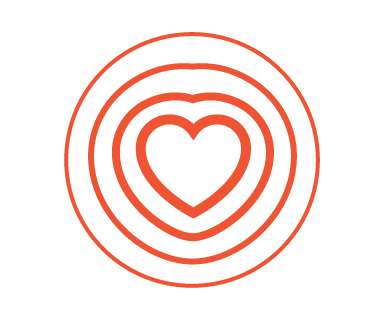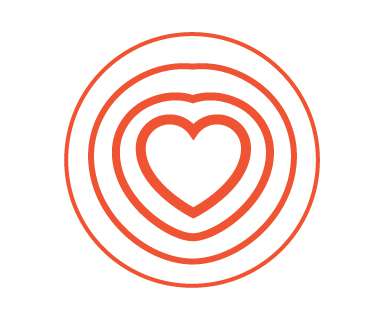Waking Up a Health Consumer in the COVID-19 Era
Health Populi
MARCH 12, 2020
Prudential surveyed U.S. First, foremost, Americans are concerned about the impact of a disease outbreak on their health, personal finances and the U.S. Anderson was co-author with Uwe Reinhardt of “It’s the Prices Stupid,” the landmark Health Affairs essay from 2003 that pointed out the key difference between U.S.













Let's personalize your content